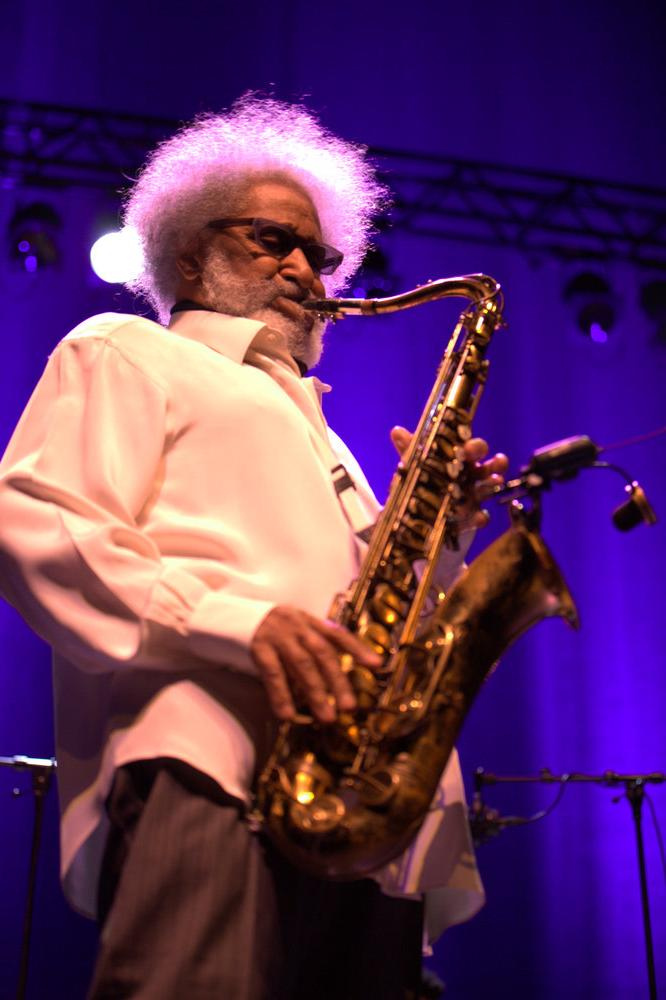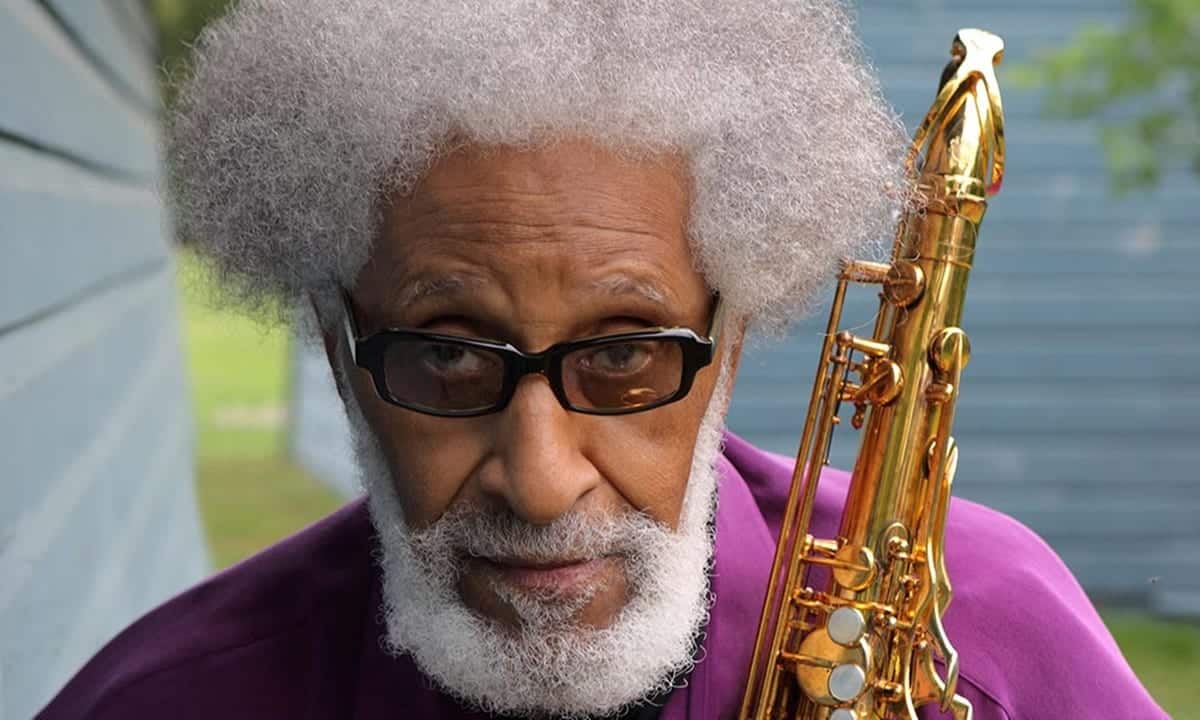Sonny Rollins, the legendary jazz titan, sculpted the very essence of improvisational brilliance with his tenor saxophone. Born Theodore Walter Rollins on September 7, 1930, in New York City, his journey through the realms of jazz was as dynamic and transformative as his music.
Raised in Harlem, Rollins found himself immersed in the vibrant cultural melting pot of the 1930s and 40s. It was here, amidst the pulsating rhythms of the streets, that he first encountered the intoxicating allure of jazz. Drawn to the sounds emanating from neighborhood clubs and jam sessions, Rollins soon became captivated by the expressive freedom of the saxophone.
- Early Inspiration: Born on September 7, 1930, in New York City, Sonny Rollins grew up in a musical family. His older brother, Valdemar Jr., inspired him to take up the saxophone, and he started playing at the tender age of 11.
- Jazz Apprenticeship: Rollins began his professional career at the age of 16, playing with legendary pianist Thelonious Monk. This early exposure to the bebop scene of the 1940s laid the foundation for his innovative approach to jazz.
- Innovative Technique: Sonny Rollins is renowned for his pioneering playing style, characterized by a powerful tone, complex rhythmic improvisations, and a distinctive use of melody. His improvisational skills set new standards in jazz, influencing generations of musicians.
- Bridge Burner: In the 1950s, Rollins recorded a series of groundbreaking albums for the Prestige label, including “Saxophone Colossus” and “Tenor Madness.” These recordings solidified his reputation as one of the leading tenor saxophonists of his time.
- Solo Escapade: Known for his adventurous spirit, Rollins took two sabbaticals from performing in his prime years. The first, from 1959 to 1961, saw him retreat to the Williamsburg Bridge in New York City to practice his saxophone in solitude, honing his craft away from the spotlight.
- Global Collaboration: Rollins’s career was not confined to the United States. He collaborated with musicians from around the world, including Brazilian guitarist João Gilberto and Indian sitar virtuoso Ravi Shankar, showcasing his versatility and willingness to explore diverse musical traditions.
- Presidential Honor: In 2010, Sonny Rollins was awarded the prestigious National Medal of Arts by President Barack Obama for his outstanding contributions to American music. This accolade further cemented his status as a cultural icon.
- Musical Philosopher: Rollins’s approach to jazz went beyond mere performance; he viewed improvisation as a form of philosophical exploration. His deep introspection and quest for spiritual enlightenment often found expression in his music, making him a revered figure not only among jazz aficionados but also among intellectuals.
- Legacy of Influence: Sonny Rollins’s influence extends far beyond his own recordings. His compositions and improvisational techniques have inspired countless musicians across genres, from jazz giants like John Coltrane and Ornette Coleman to rock icons like Jimi Hendrix and Carlos Santana.
- Timeless Relevance: Even in his later years, Sonny Rollins remained active in the jazz scene, performing live and mentoring young talents. His dedication to the art form and his ceaseless quest for innovation ensure that his legacy will continue to resonate with audiences for generations to come.


Comments are closed